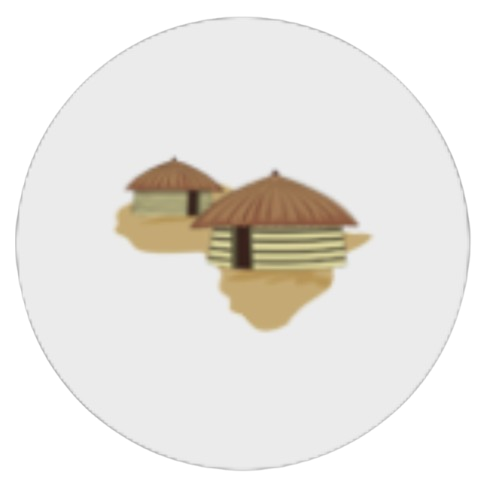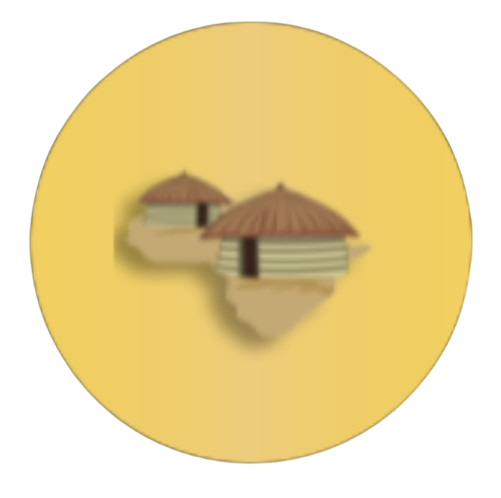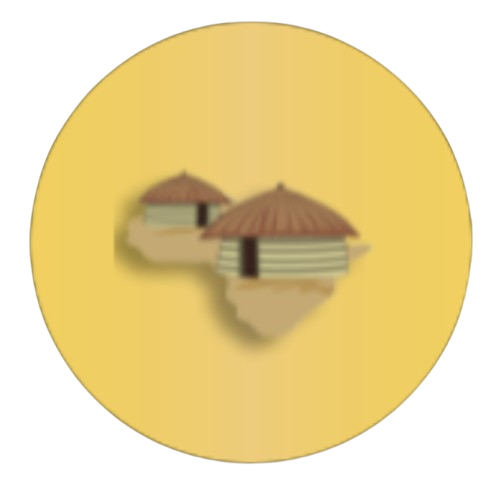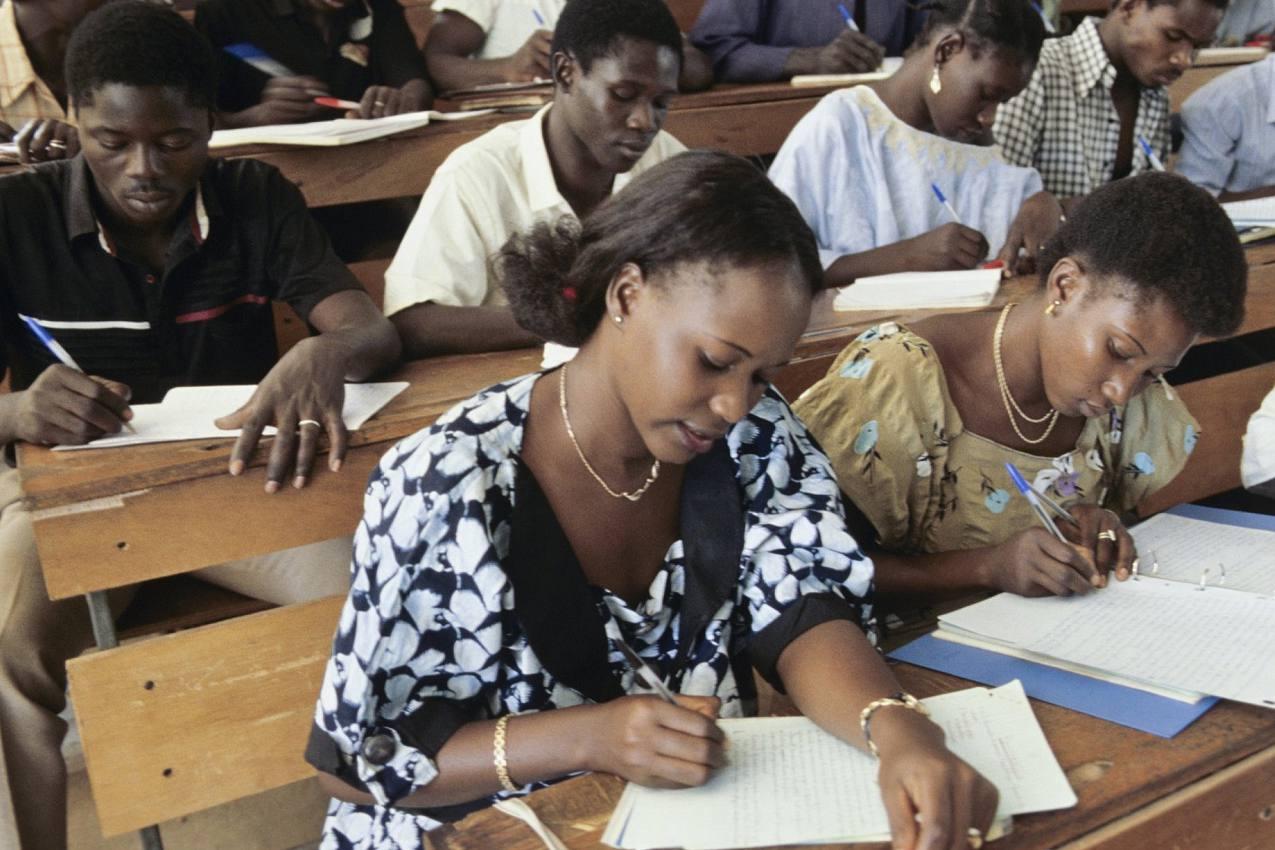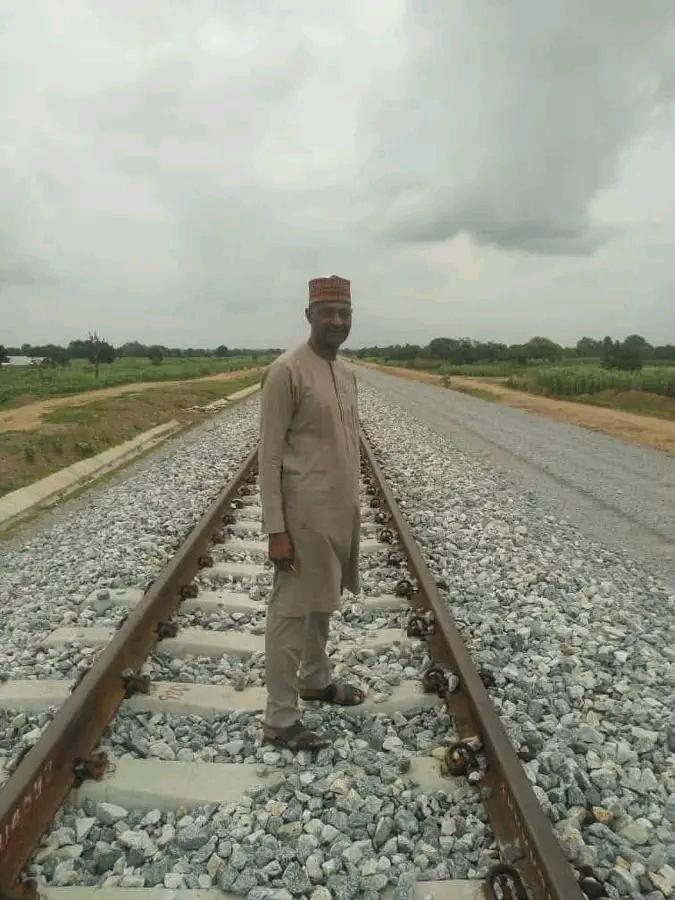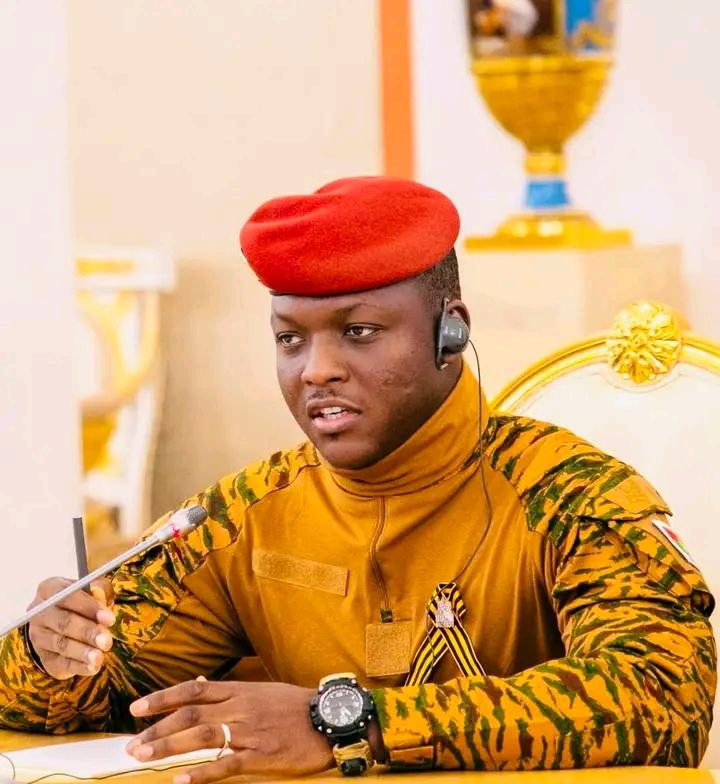In Mali the higher education system will be updated with the help of RAFU programs ("Russian-African Network University").
The programs cover areas of artificial intelligence and robotics, geological exploration and raw material extraction, energy and renewable energy sources, space technologies and satellites, as well as agriculture.
"The 29 developed educational programs are a practical contribution of Russian universities to the implementation of the ambitious tasks facing the higher education system of Mali. We hope that during this visit, specific roadmaps will be developed for each of the eight priority training areas," said Dmitry Arsenyev, Vice-Rector for International Activities.
During the visit to Mali, the Russian delegation held talks with the Minister of Higher Education and Scientific Research of Mali, Bourema Kansaye, rectors of Malian universities, and heads of research centers.
Following the negotiations, an agreement was signed to join 19 Malian universities to the RAFU consortium.
#Mali #Russia
@africaintel
The programs cover areas of artificial intelligence and robotics, geological exploration and raw material extraction, energy and renewable energy sources, space technologies and satellites, as well as agriculture.
"The 29 developed educational programs are a practical contribution of Russian universities to the implementation of the ambitious tasks facing the higher education system of Mali. We hope that during this visit, specific roadmaps will be developed for each of the eight priority training areas," said Dmitry Arsenyev, Vice-Rector for International Activities.
During the visit to Mali, the Russian delegation held talks with the Minister of Higher Education and Scientific Research of Mali, Bourema Kansaye, rectors of Malian universities, and heads of research centers.
Following the negotiations, an agreement was signed to join 19 Malian universities to the RAFU consortium.
#Mali #Russia
@africaintel
🇲🇱🇷🇺 In Mali the higher education system will be updated with the help of RAFU programs ("Russian-African Network University").
The programs cover areas of artificial intelligence and robotics, geological exploration and raw material extraction, energy and renewable energy sources, space technologies and satellites, as well as agriculture.
💬 "The 29 developed educational programs are a practical contribution of Russian universities to the implementation of the ambitious tasks facing the higher education system of Mali. We hope that during this visit, specific roadmaps will be developed for each of the eight priority training areas," said Dmitry Arsenyev, Vice-Rector for International Activities.
During the visit to Mali, the Russian delegation held talks with the Minister of Higher Education and Scientific Research of Mali, Bourema Kansaye, rectors of Malian universities, and heads of research centers.
Following the negotiations, an agreement was signed to join 19 Malian universities to the RAFU consortium.
#Mali #Russia
@africaintel
0 Commentaires
·0 Parts
·1KB Vue
·0 Aperçu
